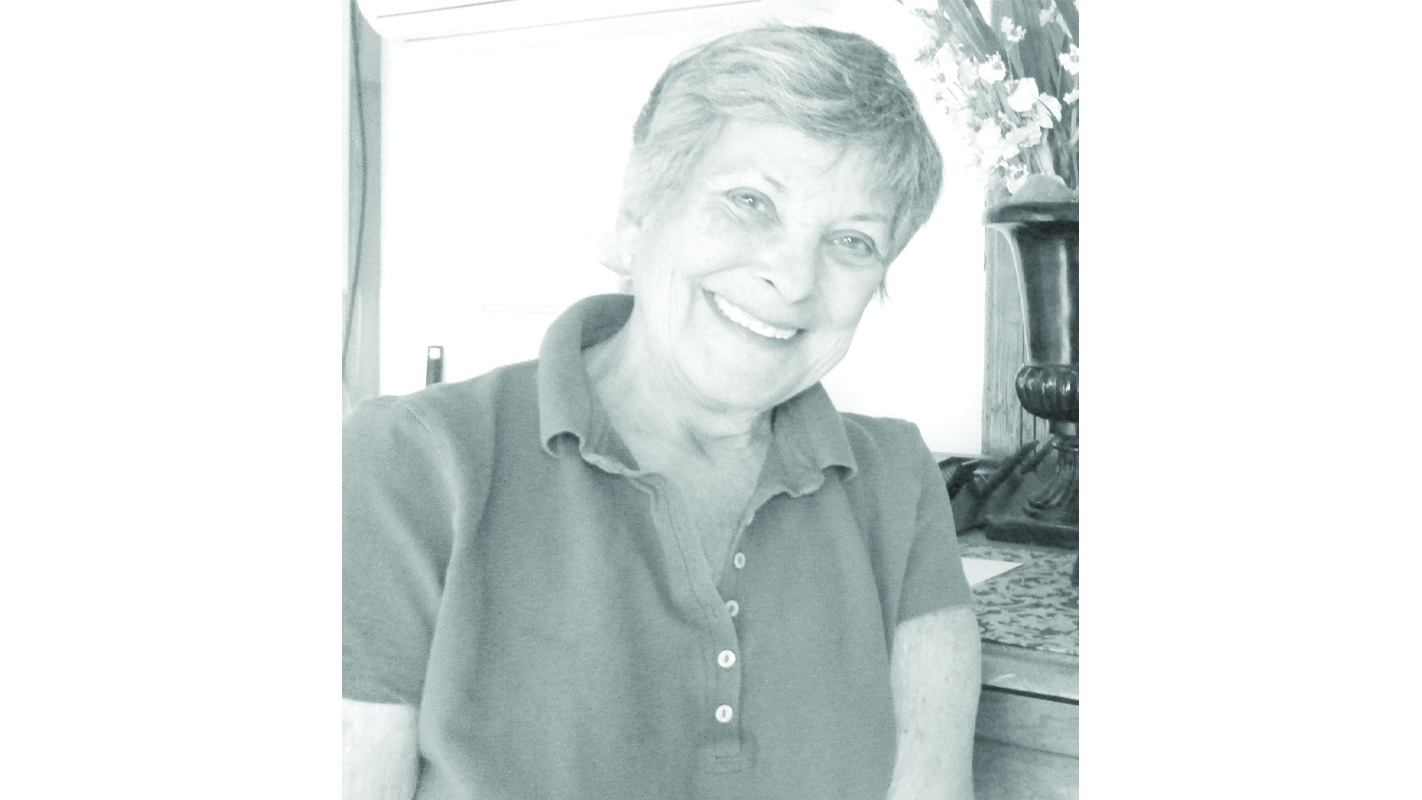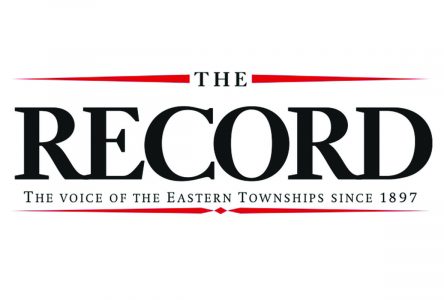• Benefits Canada Magazine tells us that most Canadians think that $750,000 is what they need for a comfortable retirement.
• A Royal Bank survey tells us that more than 60 per cent of Canadians are concerned they’ll outlive their retirement savings.
• The Office of the Superintendent of Financial Institutions (Canada’s financial watchdog) tells us that seniors are looking for other sources of income: reverse mortgage debt levels are now over $4 billion and growing by double digits.
A reverse mortgage is a loan that allows senior homeowners (55+) to borrow up to 55 per cent of the value of their home. The money can be used as you want and doesn’t have to be paid back – either the loan or interest — until you sell your home or die.
Good or bad idea? Alyssa Furtado, CEO of Ratehub (an independent financial services firm), lists the pros:
• No regular mortgage payments
• The money is tax-free and doesn’t affect your Old-Age Security or Guaranteed Income Supplement
• You can take the money as a lump sum, a regular payment, or a combination of the two
• You get to maintain ownership of your property
And the cons:
• You have more debt, therefore, less to leave your family, or other beneficiaries.
• Reverse mortgage interest rates are much higher than typical mortgage rates.
• As you borrow more and more equity, interest starts to accumulate faster and faster.
• There are only two lenders that offer reverse mortgages in Canada (HomEquity Bank and Equitable Bank)
• Additional setup costs (home appraisal fee, application fee, closing costs, etc.) also add up and are deducted from the amount you’ll receive.
• The only way to get out of a reverse mortgage is to sell your home or die.
• You’ll be subject to a penalty if you sell the home or die within three years of taking out the reverse mortgage.
• If you die, the amount you borrowed plus interest must be repaid within a limited period of time.
Furtado adds, “A reverse mortgage is best seen as a last resort to fund your retirement. If you can avoid getting a reverse mortgage, you should. Other ways to fund your retirement (such as) renting out a portion, downsizing to something smaller, will leave you more financially stable… That being said, if you fully understand the product, have spoken to a financial advisor and your family, and are confident about your decision, a reverse mortgage can be a good way to fund a more dignified retirement. Just be sure to go in with your eyes open.”
The increasing use of reverse mortgages are Canadians’ collective response to the twin facts that our homes have increased in value, and our income security in retirement has decreased along with defined-benefit pensions. We all need to cover the costs of a retirement that may last well into our nineties and beyond. Reverse mortgages are here to stay.
Joseph Nunes of the C.D. Howe Institute, has one additional and very good idea. “The federal government, in tandem with the provinces and territories, should modify the retirement savings system to allow private-sector workers to save in tax-deferred programs at a rate greater than the current Income Tax Act limit of 18 per cent of salary,” Nunes says. “Canada’s governments should also modify the retirement system to allow for the deferral to age 75 of retirement income from tax-deferred vehicles, as well as from Old Age Security and the Canada Pension Plan.” Perhaps it won’t help today’s seniors, but it will certainly help future generations.
Dian Cohen is an economist and a founding organizer of the Massawippi Valley Health Centre.
Cohendian@gmail.com





